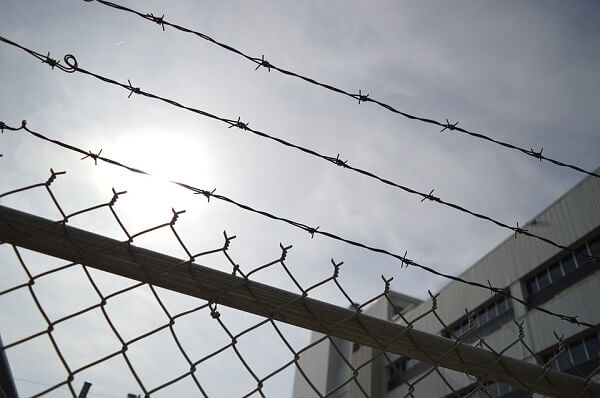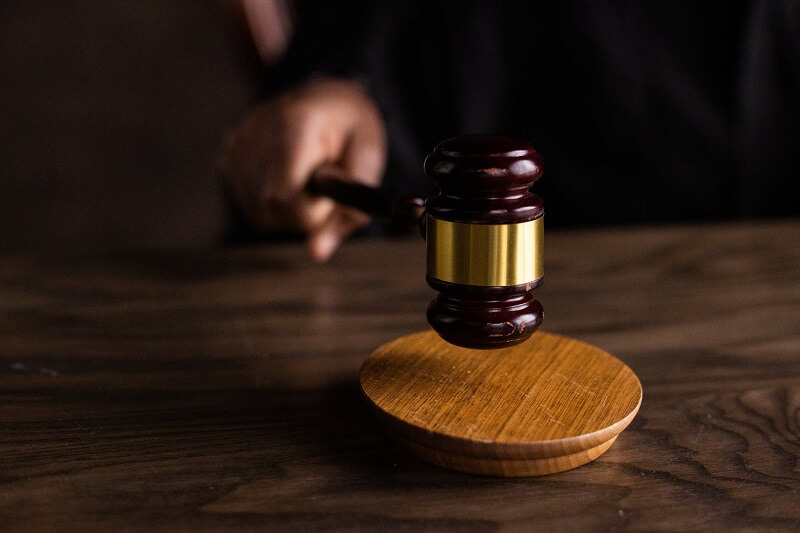
First of two parts
The United States treats children, particularly youth of color, who come into conflict with the law in intensely cruel and inhuman ways, disregarding their human rights and differences from adults. This is evidenced most starkly by the fact that the United States is the only country that sentences children to die in prison by imposing life-without-parole sentences on individuals under age 18. Imposition of the sentence varies significantly based on geography, quality of legal representation, the child’s economic status, and race. – Campaign for the Fair Sentencing of Youth
Every year some 250,000 children in this country are tried, sentenced and incarcerated in adult prisons. For this population, suicide is 36 times higher; sexual assault is five times higher; and it is 200 times more likely that they will be physically assaulted by imprisoned adults and correction officers. Unfortunately, Maryland’s record on juvenile justice is far from exemplary.
According to Human Rights for Kids’ 2020 State Report Card, Maryland ranks last in its administration of juvenile justice, tied with Alabama, Mississippi, Georgia, Tennessee and Wyoming.
One important reason for Maryland’s abysmal rating is that Maryland continues to impose sentences of life without parole on its juvenile offenders. Thirteen former juveniles will die in Maryland prisons because they were sentenced to juvenile life without parole. Approximately 300 additional juveniles will die in Maryland’s prisons because our parole system is broken.
James’ case is illustrative.
James (a pseudonym used to protect privacy) was sentenced to life with parole for a murder that he did not commit; he was with friends when one friend shot another friend who was waving a gun around, intoxicated. Ordered by the shooter, James grabbed the gun and ran.
He was sentenced to life imprisonment with the possibility of parole. He was 16; 27 years later — with an excellent record of rehabilitation, personal development and reentry planning — the Maryland Parole Commission denied parole and set his case for rehearing in several years.
There was no indication of how James had failed to meet the regulatory criteria, no sense of what he might do to gain his parole in the future and no specific considerations for juvenile offenders that James needed to work on before his next parole hearing. On his record, he had met all they could conceivably require of him.
For those juveniles sentenced to life without parole, they do not even have the, albeit remote, possibility of release that James has.
Why does Maryland retain these inhumane sentences? Because they give prosecutors leverage.
In Maryland, juvenile offenders can be threatened with life without parole unless they plead guilty in exchange for a sentence of life with parole. They are told that, if they take the plea, they will be eligible for parole in 15 years, possibly less if they do well in prison. What they are not told is that the likelihood of getting parole in Maryland is slim to none, and certainly not a realistic hope prior to serving decades in prison.
This is so because, as James’ case shows, the Maryland Parole Commission appears to work outside its own criteria for granting parole, and instead applies a calculus that resists objective analysis. Even in the instances where parole is recommended, the governor, with a few seemingly random exceptions, will deny the recommendation. Since 1995, Maryland’s governors have granted parole to only three citizens sentenced as juveniles to life sentences.
The bipartisan Juvenile Restoration Act, or JRA, would do three things to address the problem of locking up child offenders for the rest of their lives.
First, the JRA would allow courts to sentence minors convicted as adults to less than the minimum terms set for the crime, thereby empowering courts to lessen lengthy sentences that are hard to justify when applied to children.
Secondly, it would abolish life-without-parole sentences for juveniles. The U.S. Supreme Court has held that juvenile life without parole is unconstitutional in all but the rarest of cases, which has led to a dramatic national trend away from imposing such extreme sentences against children. Maryland has essentially found itself on the wrong side of this standard since the U.S. Supreme Court decided Miller v. Alabama, 567 U.S. 460 (2012) and made it retroactive in Montgomery v. Louisiana, 136 S. Ct. 718, 735 (2016).
The movement toward age-appropriate sentencing policies that are centered on rehabilitation and reintegration into society are based on recent brain science confirming what we intuitively know: juvenile brains are still developing, rendering children more impulsive and less culpable, and making rehabilitation a more likely outcome.
It is because James’ case is more the rule than the exception that the third part of the JRA is necessary. It would create a judicial framework for resentencing juveniles who have served 20 or more years in prison, provided they can demonstrate rehabilitation.
Specifically, the court would look at whether the person is a danger to the public, and whether the interests of justice will be better served by a reduced sentence.
The bill guides the court in its determination providing 11, largely subjective, factors. It grants courts discretion in resentencing but offers the juvenile offender a more reliable process than the current parole process. An opportunity for sentence review provides the reasonable opportunity for parole that the Supreme Court has said is constitutionally required.
At a time when we are coming to terms with structural racism through reforms to our policing, the ways in which we lock children up in prison and keep them there indefinitely must also be reformed.
Black youth are given life sentences without parole at a rate that is 10 times that of white children. The Juvenile Restoration Act provides a mechanism for seeing the children we incarcerate as capable of redemption, and this is something we all need to support.
As citizens of this state, we bear full responsibility when we lock children away, not only for the administration of punishment but also for the application of a just and fair opportunity for release.
It is past time for Maryland to join the 24 states and the District of Columbia that have already abolished juvenile-life-without-parole sentences.
As Nelson Mandela instructed, “There can be no keener revelation of a society’s soul than the way in which it treats its children.” Judged by this standard, Maryland’s soul needs to be renewed, a process that begins with the Juvenile Restoration Act.
— MARGARET MARTIN BARRY
The writer is a member of the Montgomery County Women’s Democratic Club; she directs the Re-Entry Clinic at American University Washington College of Law.



 Creative Commons Attribution
Creative Commons Attribution